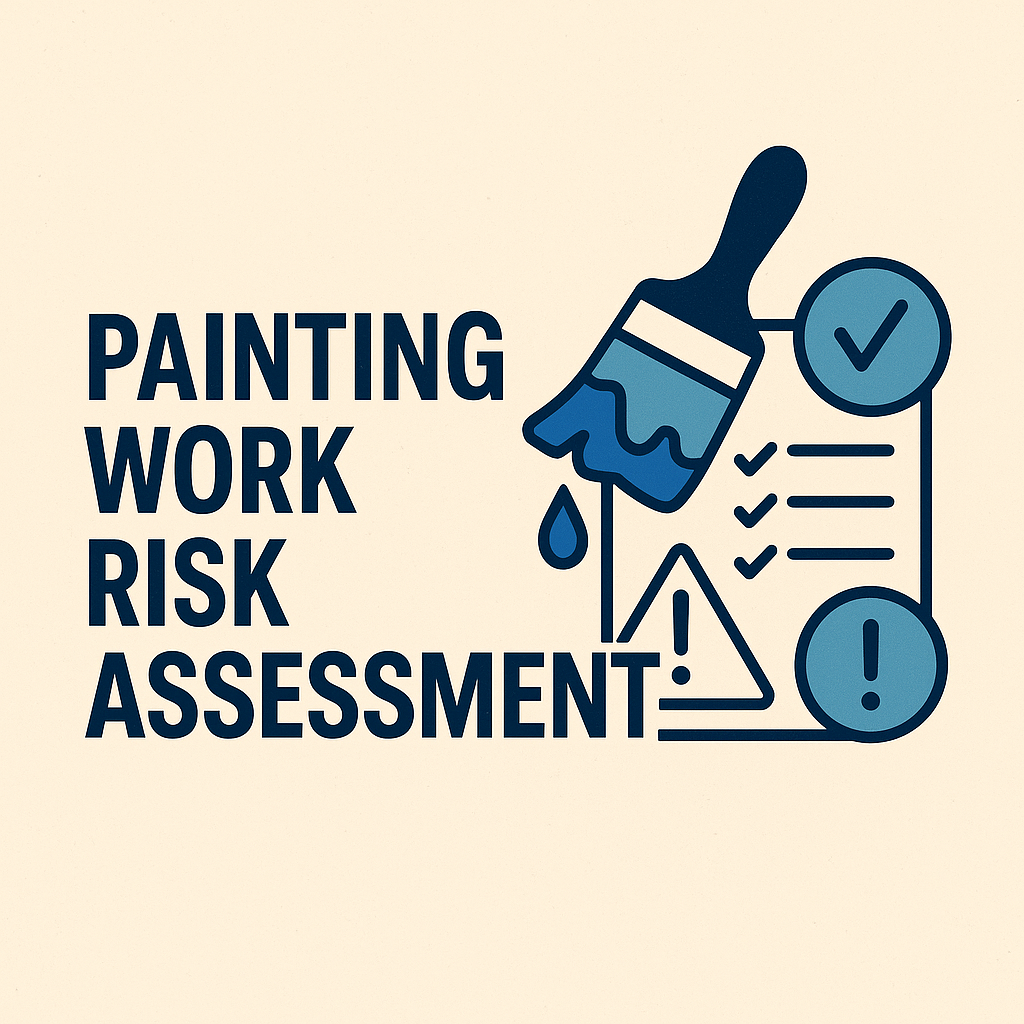
Safety Engineer Salary in all our world
Introduction
Safety engineers play a pivotal role in ensuring the well-being of individuals and maintaining high standards of safety in various industries. As the demand for safety engineers continues to rise globally, understanding the factors influencing their salaries becomes crucial for both professionals and employers.
Factors Influencing Safety Engineer Salaries
The salary of a safety engineer is influenced by various factors. Educational qualifications and certifications, years of experience, industry type, and geographical location all contribute to the overall compensation package. A safety engineer with specialized skills and expertise may command a higher salary due to the unique value they bring to an organization.
Average Safety Engineer Salaries Worldwide
Across the world, safety engineer salaries vary significantly. In North America, salaries are generally higher compared to other regions, reflecting the stringent safety regulations in place. European countries also offer competitive salaries, with variations based on the country’s economic status. In Asia and the Middle East, safety engineers are in demand, and salaries are rising. Salaries in South America, Africa, and Australia show unique trends based on local industries and economic conditions.
The salary of a safety engineer can vary significantly depending on factors such as location, level of experience, industry, and education. Here's a general overview of safety engineer salaries in different parts of the world:- United States: In the United States, safety engineers can earn an average salary ranging from $60,000 to $110,000 per year, depending on experience and location. Salaries may be higher in metropolitan areas and industries such as oil and gas, manufacturing, and construction.
- United Kingdom: In the United Kingdom, safety engineers can expect to earn an average salary between £25,000 to £50,000 per year. Again, this varies based on experience, location, and industry.
- Canada: In Canada, safety engineers typically earn between CAD 60,000 to CAD 100,000 per year. Salaries may be higher in cities like Toronto, Vancouver, and Calgary.
- Australia: Safety engineers in Australia earn salaries ranging from AU$60,000 to AU$120,000 per year, depending on experience and location.
- Germany: In Germany, safety engineers can expect to earn an average salary between €45,000 to €80,000 per year.
- India: In India, the salary range for safety engineers is generally lower compared to Western countries. Safety engineers in India can earn between INR 300,000 to INR 800,000 per year, depending on factors such as experience and location.
- Middle East: Salaries for safety engineers in the Middle East can vary widely depending on the country and the industry. In countries like Saudi Arabia, the United Arab Emirates, and Qatar, salaries can range from $40,000 to $100,000 or more per year.
- Asia-Pacific: In countries like Singapore, Japan, and South Korea, safety engineer salaries can range from SGD 40,000 to SGD 100,000 per year, depending on experience and industry.
It's important to note that these salary ranges are approximate and can vary based on individual circumstances, industry trends, and economic conditions. Additionally, safety engineers with specialized skills or certifications may command higher salaries.Key Industries and Their Impact on Salaries
The industry in which a safety engineer works has a direct impact on their salary. Those working in construction and infrastructure often receive competitive salaries due to the high-risk nature of the sector. Safety engineers in the oil and gas sector, manufacturing, and healthcare also enjoy favorable compensation packages.
Rising Trends in Safety Engineer Compensation
The global shift towards remote work has also influenced safety engineer compensation. With the rise of technology, safety engineers with expertise in digital safety and cybersecurity are increasingly in demand. Sustainable practices in industries contribute to a positive salary trend, with organizations recognizing the importance of environmental and occupational safety.
Challenges in Determining Salary Benchmarks
Determining salary benchmarks for safety engineers poses challenges due to the diverse factors at play. Industry-specific nuances and variations in the cost of living make it difficult to establish a one-size-fits-all approach. Employers and professionals need to consider these challenges when negotiating compensation packages.
How to Negotiate a Competitive Salary as a Safety Engineer
Negotiating a competitive salary requires thorough research on industry standards. Safety engineers should highlight their relevant skills and achievements during negotiation conversations. Effective communication and understanding the employer’s perspective are key to reaching a mutually beneficial agreement.
Career Growth and Its Impact on Salaries
Investing in career growth positively impacts safety engineer salaries. Advancement opportunities within the field, pursuing additional certifications, and gaining diverse experiences contribute to salary increments. Safety engineers are encouraged to proactively seek opportunities for professional development.
Tips for Aspiring Safety Engineers to Maximize Earnings
Aspiring safety engineers can maximize their earnings by building a strong educational foundation, gaining hands-on experience through internships, networking within the industry, and staying updated on industry trends and best practices. These steps contribute to a successful and lucrative career in safety engineering.
Case Studies of High-Paid Safety Engineers
Examining the career trajectories of high-paid safety engineers provides valuable insights. Profiles of successful professionals, their key accomplishments, and the lessons learned from their journeys inspire aspiring safety engineers to aim for excellence.
Future Outlook for Safety Engineer Salaries
The future outlook for safety engineer salaries is influenced by emerging trends and evolving industry demands. Professionals in the field should stay informed about anticipated changes and position themselves to leverage future opportunities for career advancement and salary growth.
The Importance of Safety Engineers in Organizations
Safety engineers are integral to organizational success. Their role in ensuring a safe working environment directly contributes to employee well-being and organizational efficiency. Employers recognize the value of investing in safety measures, highlighting the importance of safety engineers.
Addressing Common Myths About Safety Engineer Salaries
Dispelling common myths about safety engineer salaries is essential for both professionals and employers. Accurate information helps in setting realistic expectations and fosters a transparent understanding of the factors influencing compensation within the field.
Industry Experts’ Insights on Safety Engineer Compensation
Gaining insights from industry experts through interviews provides a deeper understanding of current salary trends. Expert perspectives contribute valuable information to professionals seeking to navigate the complexities of safety engineer compensation.
Conclusion
In conclusion, safety engineer salaries vary globally, influenced by factors such as education, experience, industry, and location. Aspiring safety engineers and employers must navigate these factors to establish fair compensation packages. The evolving trends in remote work, technology, and sustainability further impact the landscape of safety engineer salaries.
Work Permit Receiver Interview Questions
Roles and Responsibilities of a Permit Issuer
Work Permit Receiver Job Responsibilities
FAQs About Safety Engineer Salaries
- What educational qualifications are essential for a safety engineer?
- Educational qualifications often include a bachelor’s degree in safety engineering, occupational health, or a related field. Certifications such as the Certified Safety Professional (CSP) are also valuable.
- How does industry specialization affect safety engineer salaries?
- Specializing in high-risk industries, such as oil and gas or construction, can positively impact safety engineer salaries due to the increased level of expertise required.
- Do safety engineers receive additional compensation for working in remote roles?
- Remote work trends have influenced compensation structures, with some organizations offering additional benefits or allowances for safety engineers working remotely.
- What role does experience play in determining safety engineer salaries?
- Experience is a significant factor in salary determination. Safety engineers with several years of experience often command higher salaries due to their proven track record.
- How can safety engineers stay updated on industry trends for career growth?
- Safety engineers can stay updated by attending industry conferences, participating in professional development courses, and engaging with industry publications and associations.
























